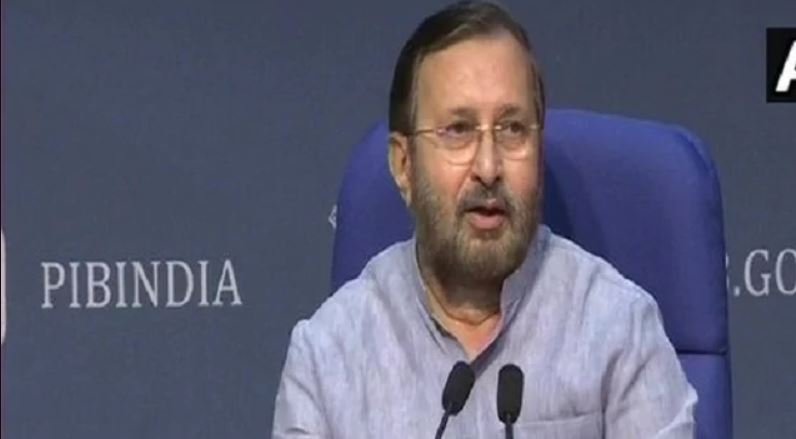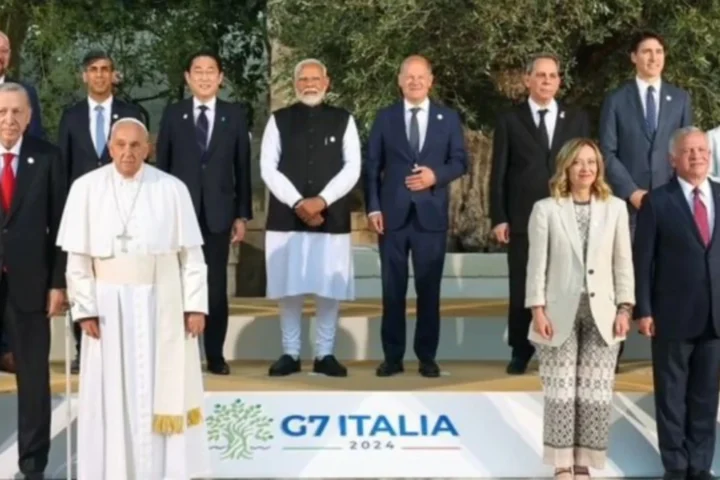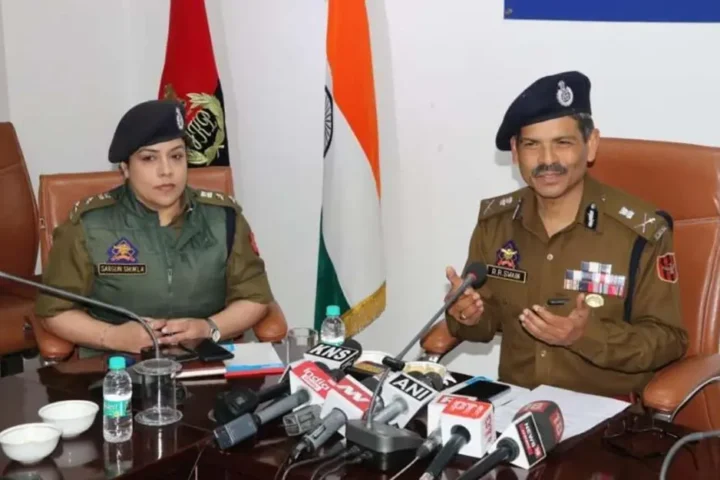The Cabinet of the Union headed by the Hon’ble Prime Minister, Shri Narendra Modi, has accepted the following:
Execution of the Improving Teaching-Learning and State Outcomes (STARS) programme with a cumulative project cost of Rs 5718 crore, with extra funding from the World Bank attributable to US$ 500 million (nearly Rs. 3700 crores).
The STARS initiative will be launched as a separate nationally funded project under the Dept. of Education and Literacy, MoE.
Establishment and funding of the National Evaluation Center, PARAKH is a separate and autonomous entity under the Ministry of Education as well as Literacy, MoE.
The study comprises six States, respectively Himachal Pradesh, along with Rajasthan, Maharashtra, together with Madhya Pradesh, as well as Kerala and Odisha. Various initiatives to increase the standard of teaching would be funded by the States listed.
In addition to this initiative, a parallel ADB-funded project is however envisioned in five states, respectively Gujarat, Tamil Nadu, along with Uttarakhand, Jharkhand as well as Assam. Both states will collaborate with one another state to share their insights and best practises.
The World Bank has funded a 500 million dollars Strengthening Teaching-Learning through State Outcomes Program (STARS) to enhance the standard and democracy of education system in 6 Indian states.
The STARS initiative will be initiated by Samagra Shiksha Abhiyan, the flagship core system.
The 6 states are- Himachal Pradesh, along with Kerala, Madhya Pradesh, Maharashtra, together with, Odisha as well as Rajasthan.
It will help develop learning appraisal processes, enhance classroom curriculum and remediation, promote the transition from school to work, and reinforce governance and decentralised management;
About 250 million students (between the ages of 6 and 17) in 1.5 million schools and more than 10 million teachers would profit from the STARS scheme.
STARS will embrace India’s renewed emphasis on solving the ‘learning result’ problem and help learners to train for future work – via a range of policy measures.
Concentrating more closely on the quality of education programmes at the state, district as well as sub-district level by offering tailored local-level strategies for student success.
Highlighting the expectations of stakeholders, particularly parents, for greater transparency and inclusion by providing better data to evaluate the level of learning.
Augment teachers to navigate this transition by understanding that teachers are essential to creating improved learning objectives. The curriculum will promote the individualised, needs-based instruction of students, and will allow them the ability to have a voice in defining instruction plans and making them important to their teaching requirements.
Invest further in improving India’s human funding requirements by enhancing basic education for children in classes 1 to 3 and training children with academic, socio-behavioural and linguistic abilities to fulfil potential labour market needs.[/vc_column_text][/vc_column][/vc_row]







